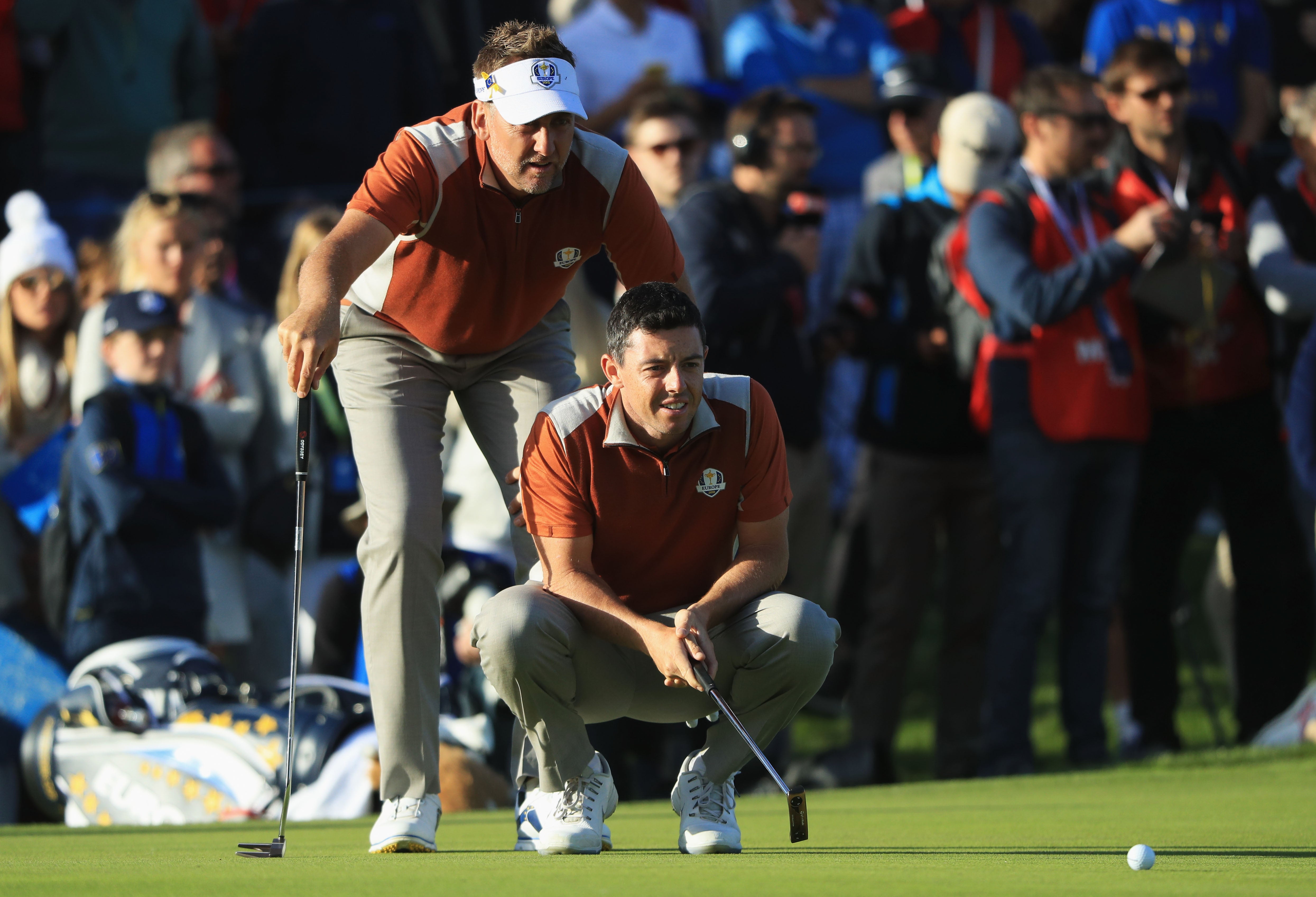What are foursomes? Ryder Cup format explained ahead of 2021 competition
Europe are looking to retain the Ryder Cup at Whistling Straights

The Ryder Cup is back following a three-year absence as Europe and the United States compete for the most prestigious team prize in golf.
Europe are the defending champions following their stirring victory at Le Golf National in 2018 but are set to face a stacked US team as the competition heads stateside.
The matchplay tournament features three different formats: four-ball, foursomes and singles.
Each of the the first two days of play feature one session of four-match four-balls and another session of four-match foursomes, with a 12-match session of singles taking place on the final day.
But what does foursomes mean and how does the format work? Here is everything you need to know.
What are foursomes?
In foursomes, players compete in a two-person team. Each team plays one ball per hole with the players alternating shots until the hole is complete.
Players alternate hitting tee shots; one player will tee off on the odd-numbered holes and the other hits first on the even-numbered holes.
The team with the lowest score wins the hole and the hole is halved if the scores are tied.
One match of foursomes is worth one point - and the point is halved if the teams are level at the end of the 18 holes.
This year, the foursomes matches will take place in the early session on both Friday and Saturday, followed by the four-balls in the later session.
Selected European records in the foursomes
- Ian Poulter: 5 wins, 2 losses, 0 draws
- Rory McIlroy: 5-4-1
- Lee Westwood: 9-5-4
- Sergio Garcia: 10-4-3
Join our commenting forum
Join thought-provoking conversations, follow other Independent readers and see their replies
Comments
Bookmark popover
Removed from bookmarks